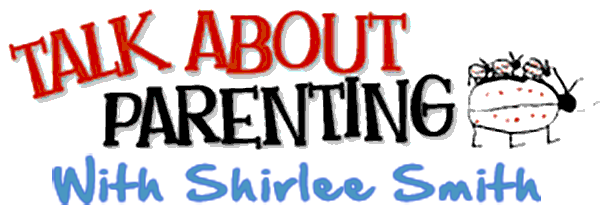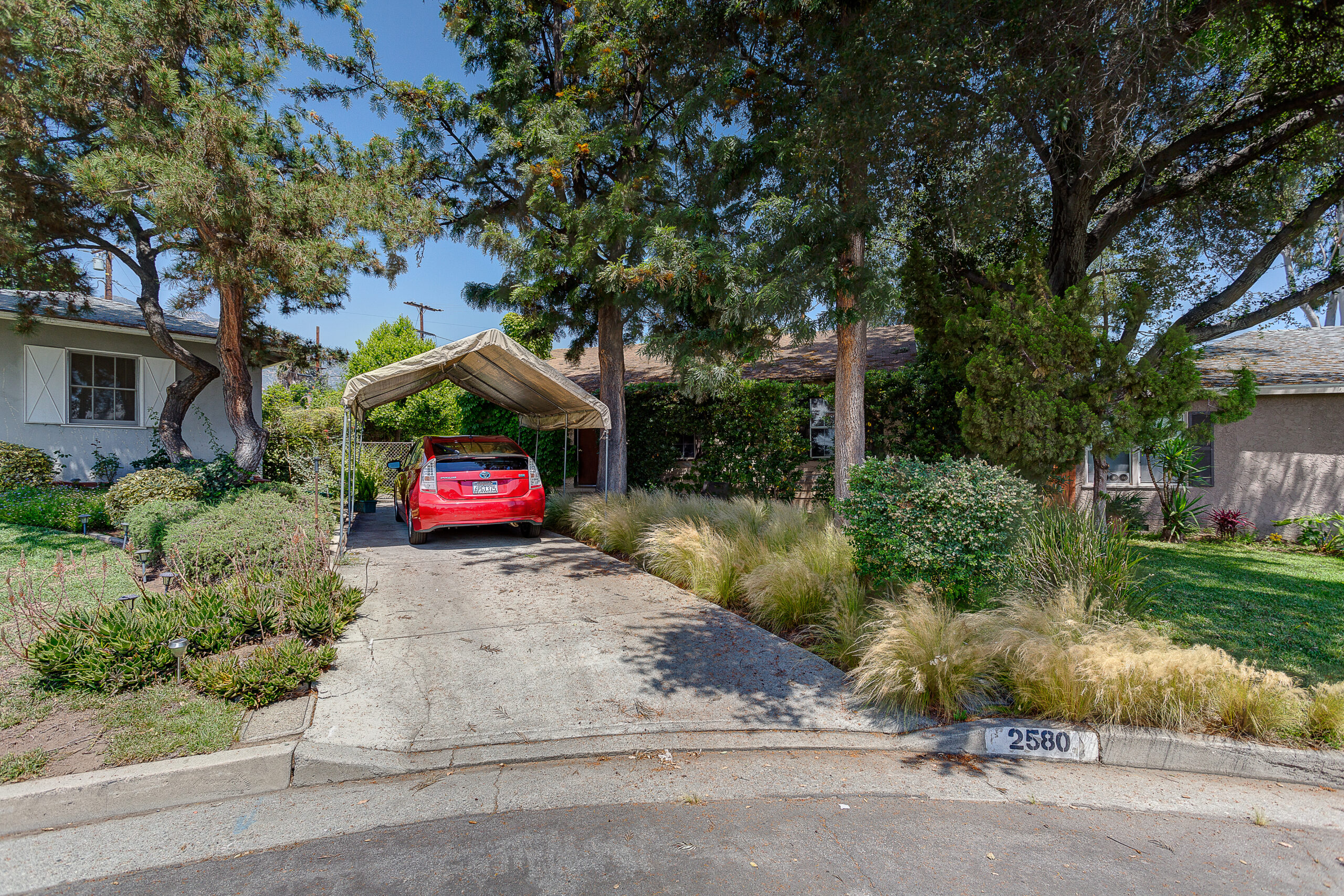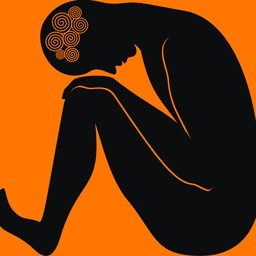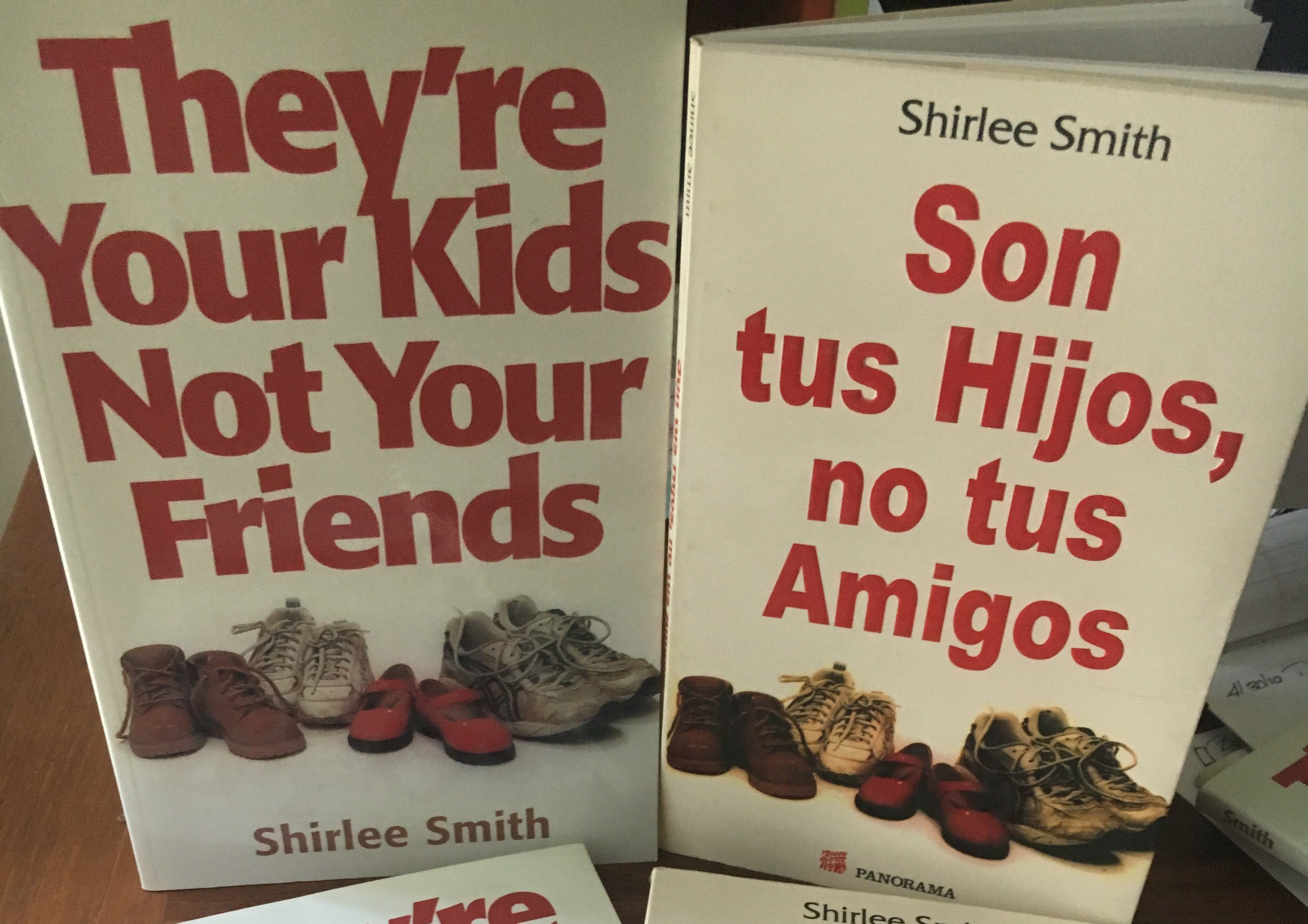
Black History Meets Art Linkletter
Lately, I’ve had to realize that when kids say Linkletter’s things, as parents we just may be classifying them all wrong. They seem darndest from our adult perspective, but the little darlings just may be living in a world we aren’t part of.
It’s taken more than 50 years to find out why my 7-year-old daughter was crying uncontrollably on that August day in 1963 when her father and I emphatically let her know she was just like those people assembled in Washington D.C. on the steps of the Lincoln Memorial listening to King deliver his now famous “I Have A Dream” speech.
She kept asking who “those” people were, why there were so many of “them” and what were “they” there for. Our answers were far from satisfactory, and after too many attempts to quell her childhood curiosity, we came up with a modified historical perspective.
While we explained the struggles black people endured in America, in what we thought was an age-appropriate manner, it didn’t work.
My 7-year-old Pamela wanted to know why we kept saying “our people.” The answer, we thought was a simple one — we are the same as “those” people.
With that, we were on our final wrong turn on the road called explanation as our little girl ran from the TV into her room and flung herself onto the bed.
It was a total lack of cultural awareness I came to understand a few years later when “Black Power” emerged, and we began to realize our kids needed books with people in them they could identify with. As parents, we came to realize being black, not Negro, was something to be proud of, and there was much we needed to provide in driving this lesson home.
In 1963, we determined Pamela just didn’t want to be who she was. But in recent years I’ve learned the story had a much different twist to it.
No, she is not biracial, but we lived in Boyle Heights, a predominantly Mexican neighborhood, and all of her friends were Mexican. They spoke Spanish, and she learned to communicate with them in their native language.
She said she didn’t see herself in the mirror as looking any different from her pals. Her parents? Well, she said she never really thought about us or what we were.



